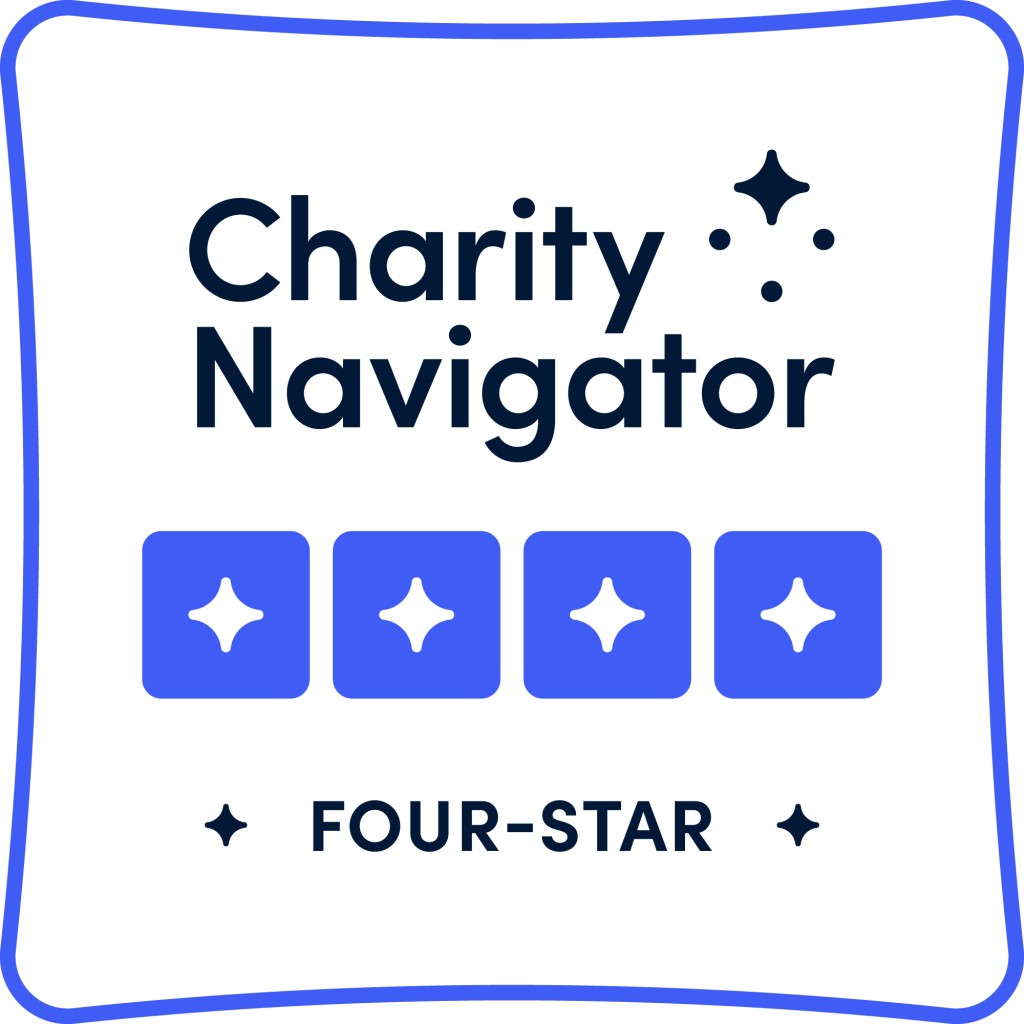
Menopause after ovarian cancer doesn’t follow the usual path. It can happen suddenly, with stronger symptoms and more complex health concerns. At the National Ovarian Cancer Coalition (NOCC), we are here to help you make sense of it all. In the latest episode of Teal Talk - An Ovarian Cancer Podcast, we dive into the final part of our menopause…
Read More




